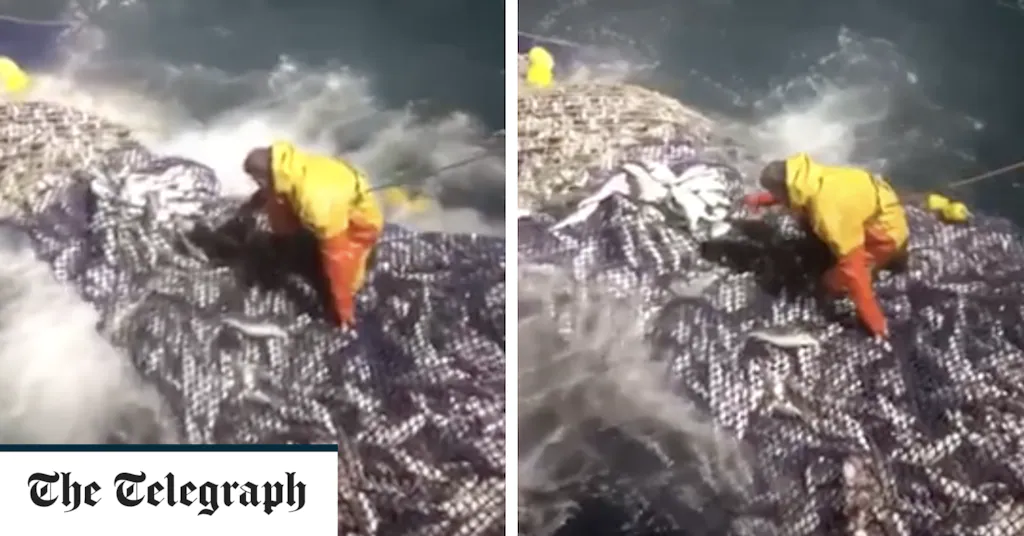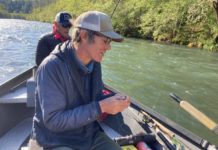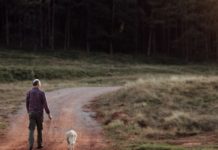In the summer of 2016, Lisa Lange Abel knew something was not quite right.
She had discovered a thickening in her breast, but not the typical lump that is so often described as a sign of breast cancer. Her doctor was not alarmed but ordered a mammogram and ultrasound anyway. Those tests did not find anything too unusual, but out of caution, the doctor ordered an MRI. On Abel’s 49th birthday, she was notified she had breast cancer. The only family history she had of breast cancer was in her maternal grandmother, who had been in her 70s when she was diagnosed.
Her doctors thought they had caught the cancer early. Abel opted for a lumpectomy. During the post-op, she learned that the cancer was actually much worse than originally suspected. She had stage 3 breast cancer that had traveled to her lymph nodes.
Abel, of Whitesboro, needed chemotherapy and radiation, and said she immediately entered “battle mode.” She was determined to fight it and pull through, because she was a mom and needed to be here for her son, Austin. After 10 months of grueling treatments, she was on the path to healing. After viewing a segment by Lester Holt on NBC about Casting for Recovery, she was inspired and wanted to attend a retreat.
Casting for Recovery is a national program that connects women with breast cancer to each other and nature through outdoor retreats focused on fly-fishing. During the retreats, women exchange cancer stories and bond through the shared experience of fly-fishing. The New York Casting for Recovery retreat is held every year at Tailwater Lodge in Altmar. Abel applied and was accepted. She arrived at the Tailwater Lodge in 2017 with no fly-fishing experience and no expectations.
“The day I stood on the river with my river helper, Paul Conklin, things changed for me,” Abel said. “I walked into that river, and it wiped away the previous 10 months of my life. I never expected for that to happen. It was very powerful. I closed my eyes, it was a nice sunny day, and I sucked it all in. It was almost like a complete release. Having been through the tough times and turning the corner, that felt like a turning point for me.”
Tears flowed as she drove home from Tailwater Lodge. She knew then that she had found something special, she said. She decided to continue fly-fishing and when she got home she ordered a fly rod, waders, and wading boots.
Breast cancer served as a catalyst for Abel to examine her life. Within a year of her diagnosis, she was divorced and chasing new experiences.
“I wanted to be more adventurous,” she said. “I shook my life up and I have no regrets. I just knew that I needed to do something different with my life and I needed to be happy.”
Abel threw herself wholeheartedly into fly-fishing. She tried out waters all over the state and even took a fishing trip to Belize with friends. She returned to Casting for Recovery, not as a participant, but as a volunteer. Abel wanted to be involved helping women that had walked a similar path.
“It’s not about fly-fishing,” Abel said. “It’s about being outdoors and being around people that care about you.”
From left, Jodi Larkin, Lisa Lange Abel, and Lindsay Agness on a fly fishing trip to Cattaragus Creek. Photo courtesy of Missy Sprouse
She has helped out the organization since via outreach and support at retreats. She wants as many people as possible to know about Casting for Recovery and the important work they do. Casting for Recovery’s retreats are provided to women facing breast cancer at no cost. The organization was founded in 1996 in Manchester, Vermont, by Dr. Benita Walton, a breast reconstruction surgeon and Gwenn Perkins Bogart, a professional fly-fishing guide. More than 1,800 volunteers nationwide support the mission of Casting for Recovery. Volunteers include medical and psychosocial professionals, fly-fishing instructors and program alumnae. Those interested in learning more or applying to attend a retreat can find information at castingforrecovery.org.
“The only thing I expected out of my retreat was to learn to fly fish,” she said. “But I got so much more. I wanted to share my story and I wanted more people to know about the program.”
Her favorite place to fish is the Salmon River. When Covid-19 hit, Abel shifted her focus to her home waters of the West Canada Creek. That is where she caught her very first fish. She always practices catch-and-release.

Lisa Lange Abel fly fishing the Salmon River in June. Photo courtesy of Missy Sprouse
“I’ve built an emotional connection to the water,” Abel said. “When I get to the water and step in, I leave everything behind. I’m completely in the moment. I try not to rush myself. I’m always looking to see what’s upstream or downstream. I’ve seen a mama deer and her baby walk along the bank. The other day I had an eagle fly down the middle of the West Canada. I had a beaver swim under my fly line to the other side. There is nothing better than being on a stream and seeing the sun come up in the morning or setting. In a way, it’s been a spiritual thing for me. Those little things, those blessings, mean a lot more to me than they used to.”
This year she is marking five years since her cancer diagnosis and she is showing no signs of slowing down. It’s not just fly-fishing. Abel has tried turkey hunting, too, and she said her heart is open to all kinds of outdoor experiences. Her next goal is rock climbing.
“I make sure that I stay connected to my family and friends,” she said. “I’m able to keep moving and I’m going to do things and pushing myself forward while I can. My life has become more about making memories than having regrets.”
Related
Preserving a backcountry lifestyle by living it to the fullest
6 Upstate NY waterways make Bassmaster Magazine’s list of top 100 bass fishing spots in country
A taxidermy wonderland: The Wildlife Sports and Educational Museum in Fulton County
Credit: Source link






























